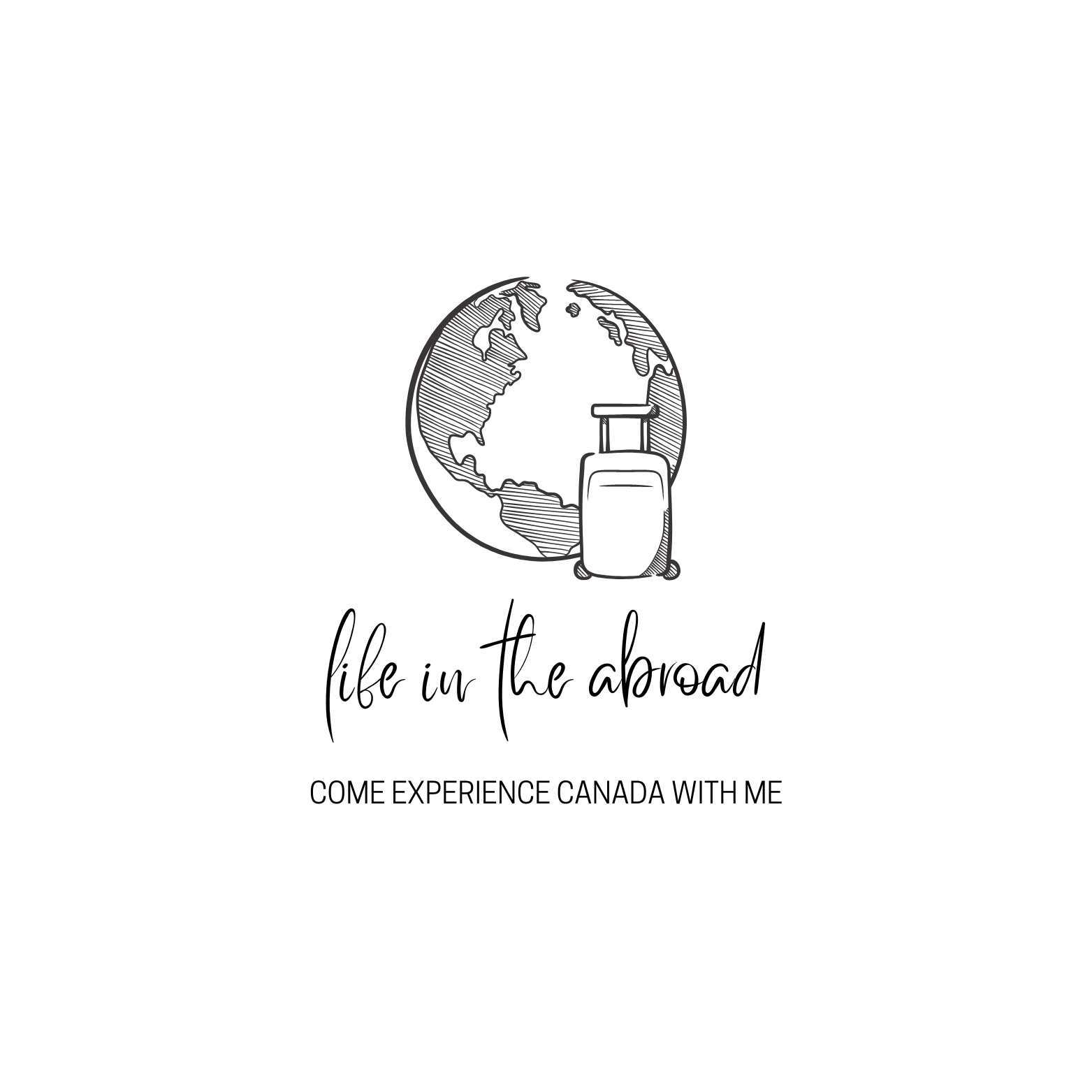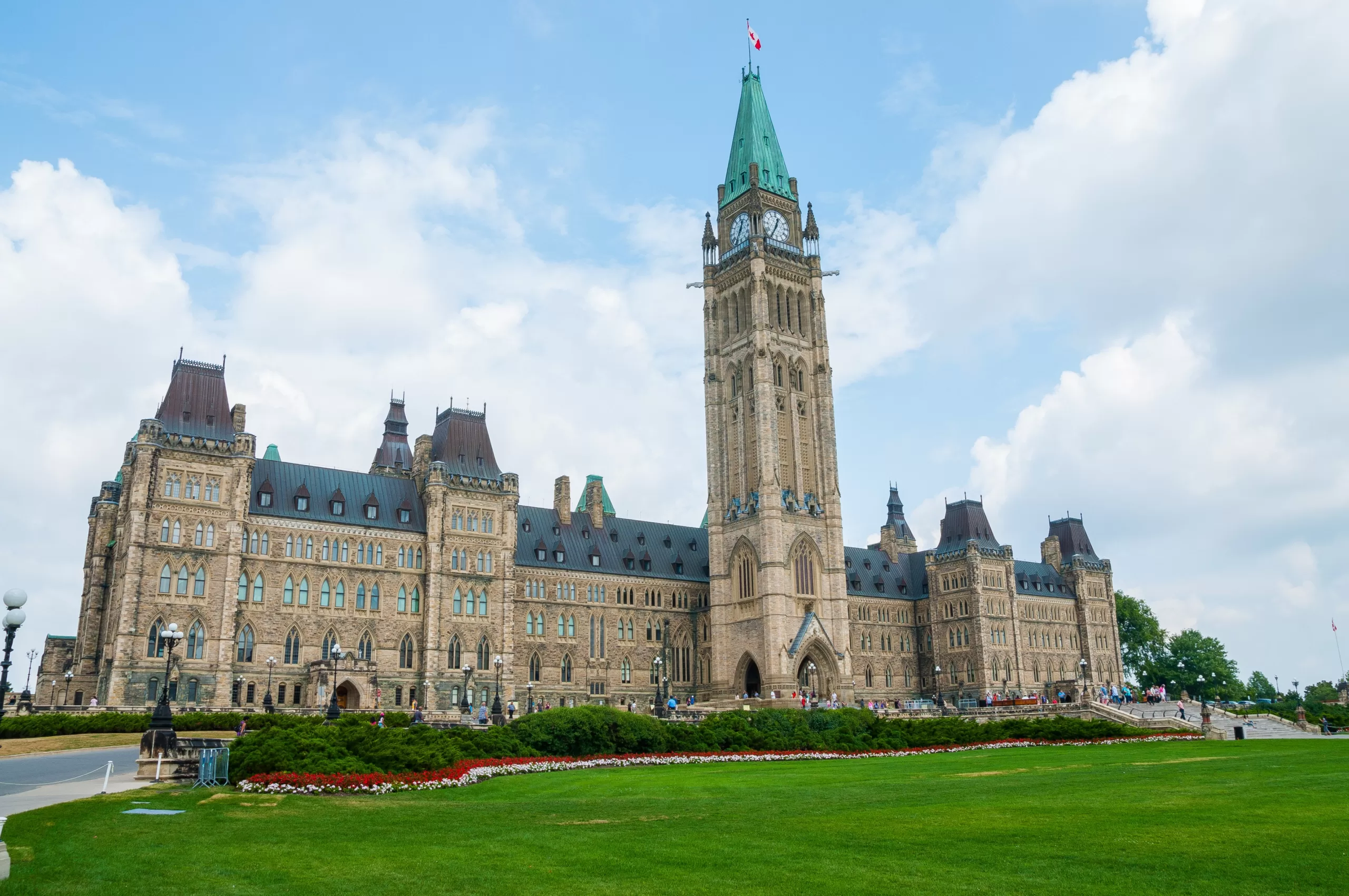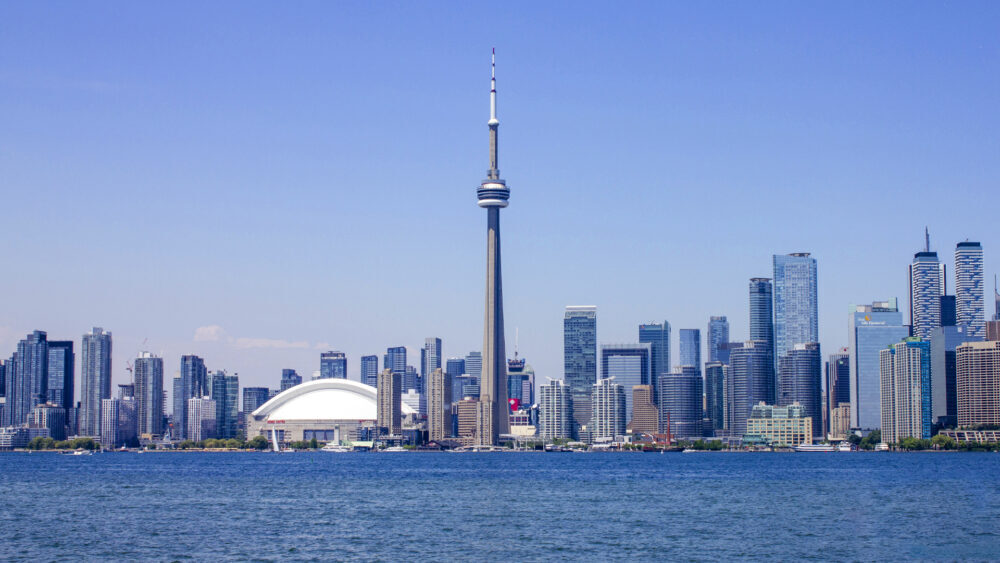- November 19, 2022
- Admin
- 0
It goes without saying that Canada is one of the most beautiful countries on Earth. Here are the 10 things you should know before travelling to Canada. A trip to Canada is an opportunity to explore the different regions, histories, and cultures of this diverse country. This can be a challenging task unless you are familiar with Canada’s unique features. So, before you plan your trip to Canada there are a few things you should know.
Table of Contents
Toggle1. Canada is a BIG country
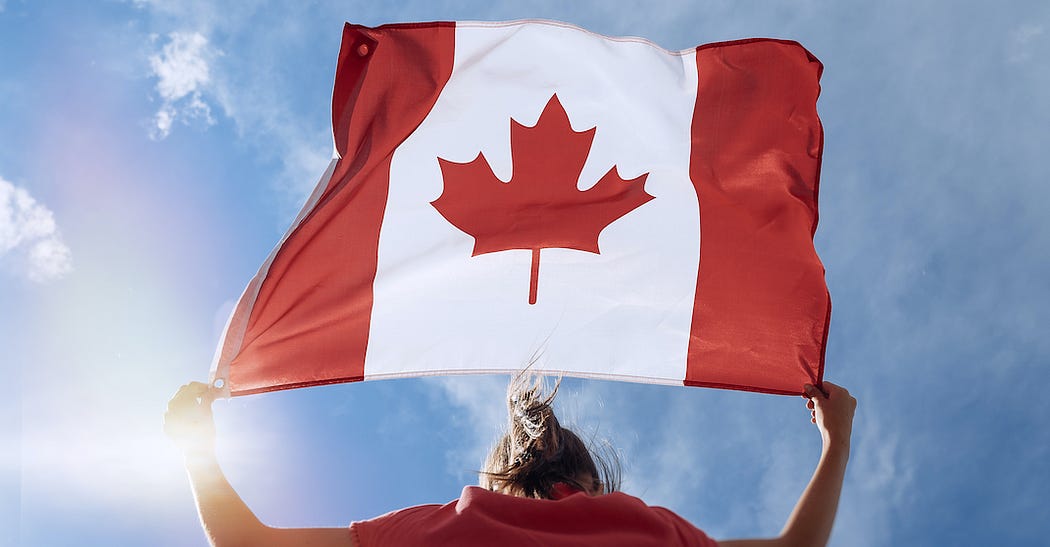

Unless you are travelling to the Yukon, Canada is not a small country. At 9.98 million km2, Canada is the 2nd largest country in the world, behind Russia. Packing in as much as you possibly can on a single visit is just not going to happen. Getting from one city to the next will take hours by plane or train. Even driving from one city to another takes several hours. This applies to both the Atlantic provinces and to Westerners visiting Eastern Canada (Quebec — Newfoundland).
2. The weather is unpredictable


Visiting Canada and not knowing what weather to expect is like walking into a bar and starting a conversation with that girl you’ve been eyeing up, only to find out she’s actually male.
You’re left heartbroken and embarrassed due to your own naivety in assuming Canada would be the very definition of ‘great’ — where everybody has hockey sticks and sips Tim Horton’s coffee as you listen to Bieber on top of a blizzard-covered mountain.
All this means that one of the most important things you need to know (especially if you’re visiting for business or pleasure) is that, even if the hot Canadian summer has you feeling like there is nothing more to love in life, it can get chilly at night in the mountains.
All of these challenges cannot be solved by planning and arranging your trip. One of the most unpredictable things that can happen during your vacation is the weather in Canada.
3. Canadians are very polite


Canadian culture is generally polite and respectful, which means there are a number of unwritten rules that need to be observed when living here. As Canadians work together in harmony, they find ways to get along and make peace with one another.
Canadians are more likely to listen to each other’s opinions than they are to start an argument. There is a genteel nature among the population, which makes it easier to settle disputes peacefully, but this can also lead to “niceness” taking precedence over honesty.
Generally speaking, “good” Canadians know what is considered socially acceptable in their country.
4. Healthcare in the country is free to all citizens


As a visitor to Canada, you are entitled to receive essential medical services on the same basis as a resident of Canada. If you fall ill, have an accident, or require immediate medical care while visiting this beautiful country, you can rest assured that the Canadian healthcare system will be there to take good care of you, regardless of your insurance status.
A report released by the Conference Board of Canada noted that health care in Canada is “free at the point of use and paid for through user fees and general taxation.” However, there are several catches to this guarantee of free healthcare
5. Make sure your passport is valid
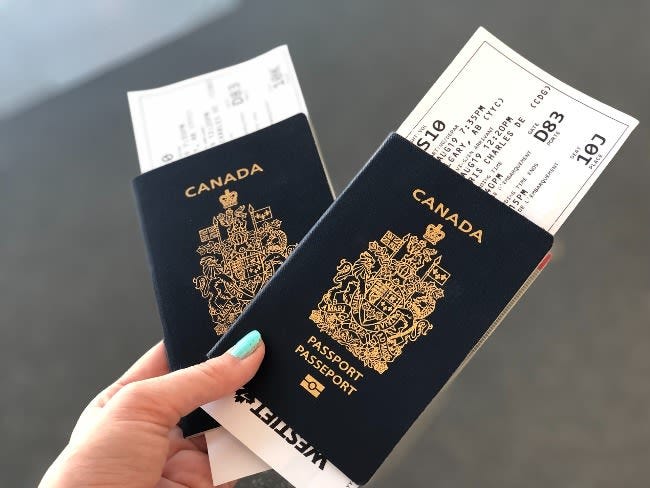

Assuming you’re talking about things to know before travelling to Canada in 2023, the first and most important thing to remember is that your passport should be valid. Other things to keep in mind are obtaining a travel visa (if necessary), getting appropriate travel insurance, being aware of any customs regulations, and packing appropriately for the climate.
It’s also a good idea to research popular tourist destinations in advance and have an idea of what you want to see and do while you’re there.
6. Have a map and plan your route in advance


Assuming you’re looking to travel to Canada in 2023, there are a few things you should know before setting out on your journey. For starters, make sure you have a map and plan your route in advance.
This will help ensure that you don’t get lost along the way. Additionally, take time to research the area beforehand so that you know what attractions and landmarks are worth checking out. Lastly, pack accordingly for the weather conditions, and Remember to bring your passport!
7. Driving in Canada
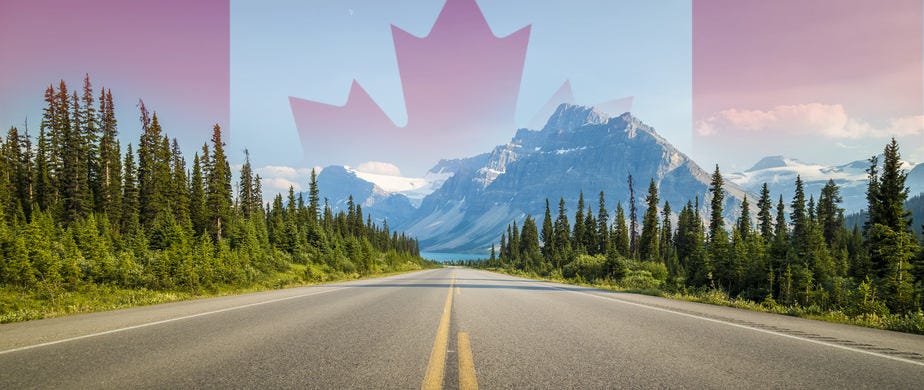

Driving in Canada is not that different from driving in the US. The roads are well-maintained, traffic is relatively light, and Canadians are friendly to visitors. But there are some differences that might surprise you.
If you’re travelling from the US to Canada, it’s good to know about these things before you start driving:
Speed limits are different in Canada. In most of the country, speed limits are measured in kilometres per hour instead of miles per hour, so be sure to adjust your speedometer accordingly before starting out.
The metric system is used on all road signs and maps, so if you don’t know how many kilometres it takes to get from point A to point B, make sure you have a good GPS system or map at hand! You can also check out our guide to driving in Canada for more tips and advice on how to navigate your way around the country.
8. Gun Laws in Canada


On October 21th, the federal government announced a national handgun freeze. It means that now, people cannot buy, sell, or transfer handguns within Canada. They also cannot bring newly acquired handguns into the country.
The handgun freeze is part of a larger national strategy to make our communities safer by reducing the number of handguns in circulation. The freeze is part of Bill C-21, which was introduced at the end of September 2018. It’s the strongest gun control measure in over 40 years. Bill C-21 will also:
Ban assault weapons and their parts;
End loopholes around background checks for restricted and prohibited firearms;
Make it easier for police to get dangerous weapons off our streets;
Provide more resources for police officers who are investigating gun crimes;
9. English is not necessarily the dominant language


Canada is a very diverse country. There are over 200 different ethnic groups and over 200 languages spoken in Canada. According to the 2016 Census, English is the mother tongue of about two-thirds of Canadians, while French is the mother tongue for about 20%.
But this doesn’t mean that English is the dominant language. In fact, many Canadians speak other languages at home and use them regularly with their family members and friends.
A majority of Canadians speak English as their first language, but French, Canada’s second official language, is the mother tongue of about 20% of the Canadian population. There are also many Francophones who live outside Quebec and speak English at home as their second official language (or both).
In addition to English and French, Canada has many other official languages — including Cree (spoken by approximately 110 000 people), Dene (60 000 speakers), Inuktitut (50 000 speakers), Ojibway (20 000 speakers), and Mi’kmaq (10 000 speakers).
10. Why the Canadian government is enviable


Canada is a wealthy nation because it has a strong and diversified economy. A large part of its economy depends on the mining of natural resources, such as gold, zinc, copper, and nickel, which are used extensively around the world. Canada is also a large player in the oil business with many large oil companies.
Canada is home to some of the world’s largest banks and corporations. The Royal Bank of Canada (RBC) is one of the top ten banks in the world and Toronto-Dominion Bank (TD Canada Trust) is ranked number six. Canada’s largest company by market capitalization is the Canadian National Railway Company (CN Rail).
Canada is also a major exporter of food products and other goods around the world. It ranks seventh among all nations for exports. In 2010, exports from Canada totalled $414 billion U.S., which amounts to about 20% of the total GDP for that year according to The World Bank Group’s online database for global statistics (see link below).
Whether you’re just dreaming about going to Canada for the first time or are planning your Canadian vacation, hopefully, the information above has been useful. No matter where you go in Canada it’s hard to be disappointed! Canada is a beautiful country with a lot of history and an even brighter future ahead. Book your ticket and dive right in!
Thanks for Reading our Blog. For more about travelling to Canada or Traveling abroad,

